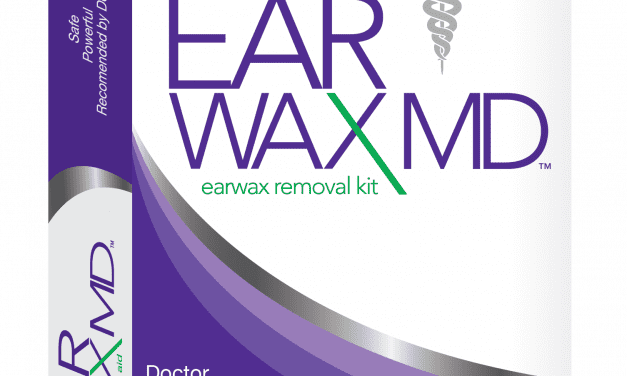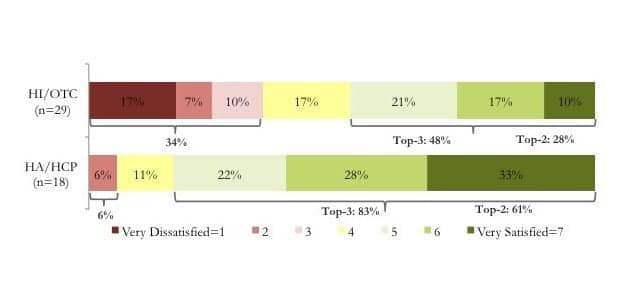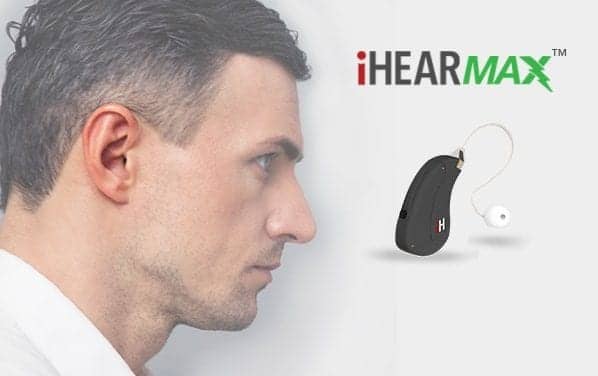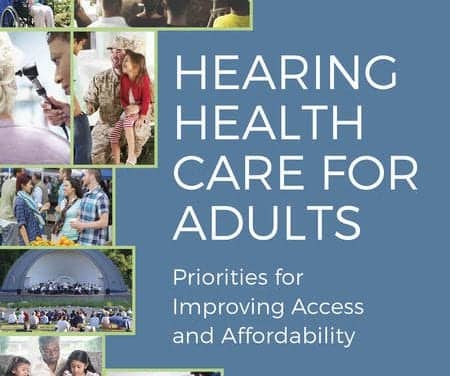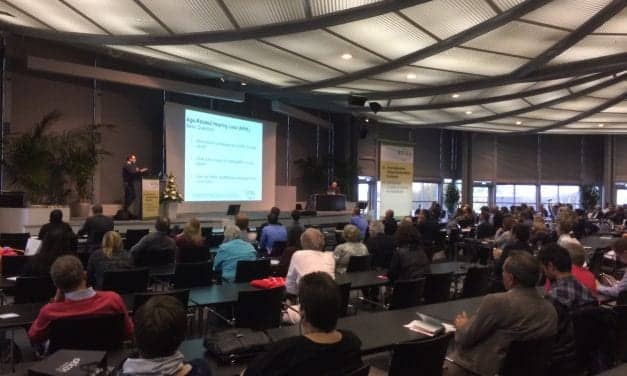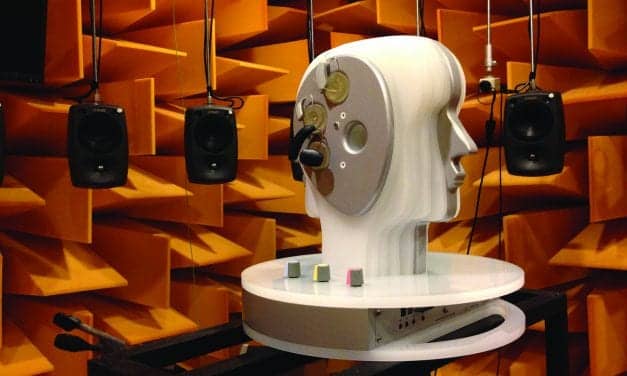New Earwax Impaction Solution to Be Launched by Eosera Inc
Eosera™ Inc has announced the introduction of Earwax MD™ which is designed to be a solution for earwax impaction. The new product is said to offer a safe, effective, simple, over-the-counter solution that benefits the entire ear care industry.
Read More
